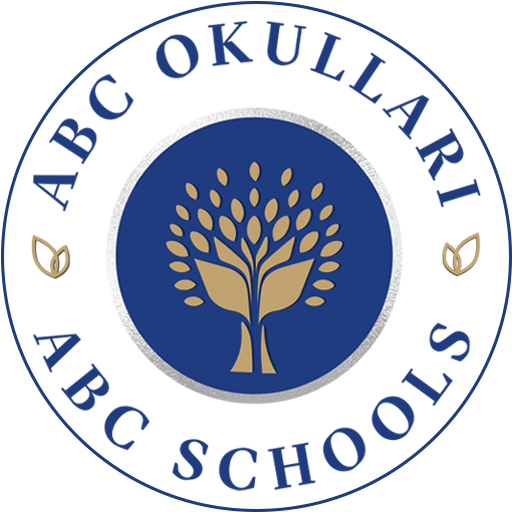In 1948, the French educator Marie-Thérèse Maurette, in response to a request from UNESCO, articulated her perspective on education in her essay titled "Educational Techniques for Peace. Do They Exist?". In Maurette's essay, "peace" emerges as the oldest and foremost need in the history of humanity. Throughout history, societies have sought ways to live in peace and have made agreements to sustain their lives. Likewise, when considered formally or informally, "education" is defined as another fundamental need that constitutes the foundation of human life.
According to Maurette, "education and peace" have become inseparable for civilizations. She believes that no society can progress without a well-structured education system, and no education system can civilize itself unless it encompasses universal principles of peace.
These starting points lead Maurette to ask the following question:
"Is it possible to educate all the world's children within the framework of these universal principles of peace? If so, how should we proceed in this regard?"
Founded with the motto of "education for a better world," the IB adheres to a holistic approach to education by following a single mission statement for its four programs:
Inspired by these questions and the reasons presented, a group of teachers in Geneva laid the foundation for the International Baccalaureate (IB) organization.
The International Baccalaureate (IB) aims to educate inquisitive, knowledgeable, and caring young individuals who will contribute to creating a better and more peaceful world with intercultural understanding and respect. To achieve this goal, the organization collaborates with schools, governments, and international organizations to develop innovative international education programs and rigorous assessment methods. These programs encourage students worldwide to understand that others, with their differences, can also be right, and to become effective, compassionate, and lifelong learners.
Based on this mission and IB's philosophy, we shape our curriculum by using the national curriculum as a foundation. IB is not an organization that provides schools with program content. We design our curriculum by creating inquiry-based programs with learning outcomes to enhance our students' knowledge, skills, and abilities in all areas, preparing them for the future as happy and self-confident individuals. We organize our instructional programs inclusively by considering the individual differences of our learners, using differentiated learning strategies. We support learning processes with methods and activities that highlight our learners' curiosity, creativity, research, and inquiry skills, as well as ways to access information. Moreover, we add our learners' questions of interest to the course content, giving them the opportunity to be the subject of the lesson. We feel responsible for our students who will shape our future and provide an environment for them to use their skills in all areas of life. As a result, we aim to raise our students as citizens of the world who are committed to their national and cultural values.
We can outline the approaches that shape our instructional programs as follows:
1. Disiplinler Üstü Yaklaşım
2. Sorgulama Temelli Öğrenme
3. Kavram Temelli Öğrenme Yaklaşımı
4. Öğrenme Yaklaşımları ve Alt Beceriler
5. Yapılandırmacı Yaklaşım
